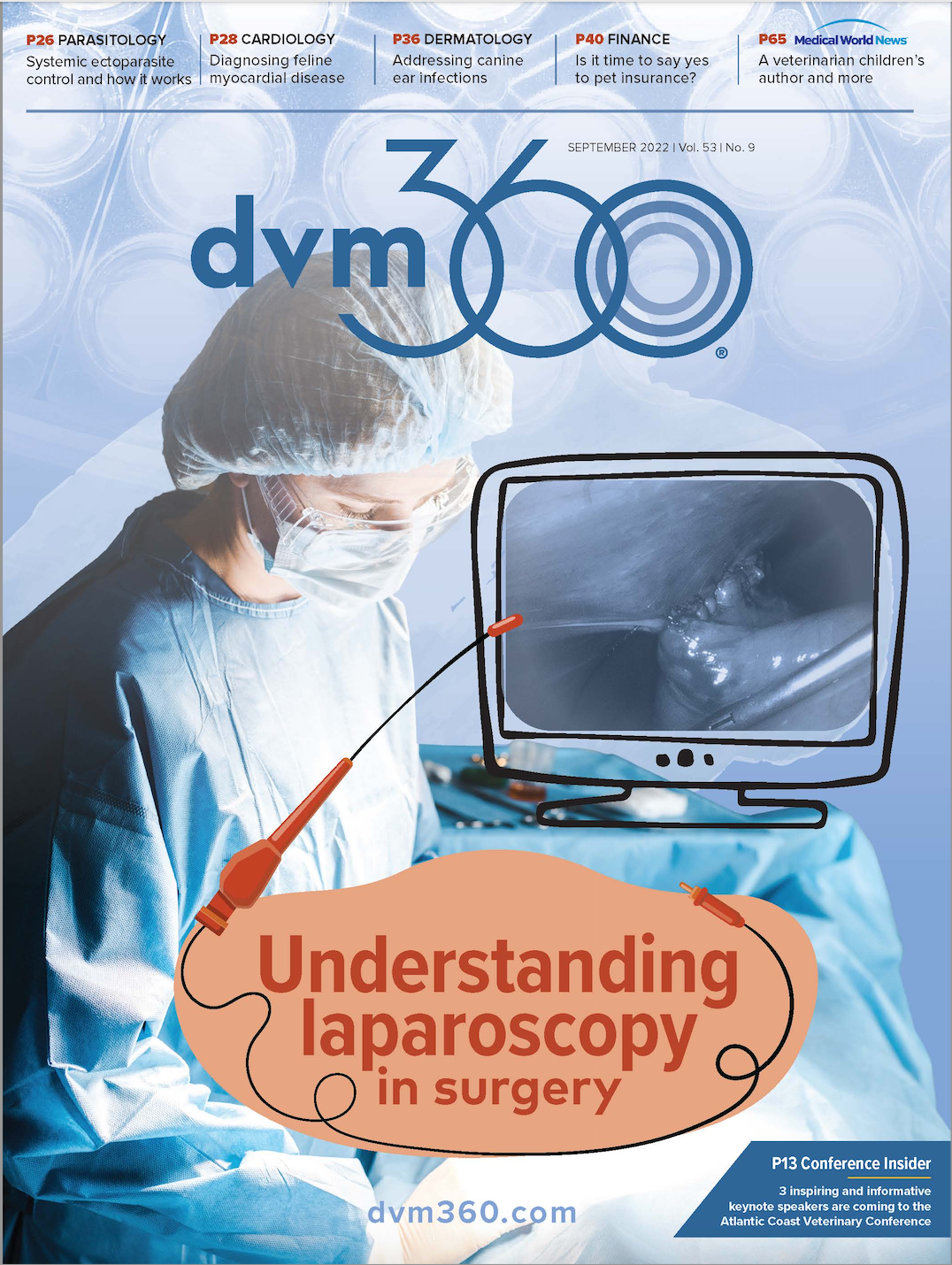The Dilemma: Whom should I hire?
Hiring is often an unavoidable, if stressful, process. How do you decide who is best for you as well as your clinic?
Editor’s note: All names and businesses in this dilemma case are fictitious, but the scenario is based on real occurrences.
Reed Animal Clinic is a companion animal facility in an affluent suburban area. Dr John Reed, the owner, founded the practice 16 years ago and now employs 4 veterinarians and a support staff of 20. He attributes much of the clinic’s success to the interaction between his staff and his clients: “We spoil pet owners,” Reed says, “which ultimately allows them to become better pet care providers.” For a variety of reasons, not the least of which is the increased demand for pet care during the COVID-19 pandemic, the doctor needs to hire another veterinarian. He knows what he’s looking for: an experienced, clinically skilled, well-credentialed individual who is comfortable interacting with clients. He also knows that such candidates command significant compensation and feels that high salaries are an investment in the clinic’s future.
Because of a very attractive employment package, Reed received a great response from the veterinary community. Of the 7 candidates who applied, 3 made it to the final round. All spent a day shadowing a staff veterinarian, met in-person with Reed for 2 hours, and met virtually with important nonveterinarian members of staff. When it came time to decide, Reed chose the candidate he felt would most benefit the diverse needs of his suburban practice and relied on responses to the follow questions:
What are your priorities when treating a patient?
- Candidate 1 said that she always assessed the interaction between pet and pet parent to determine the best way to achieve owner compliance, which would ultimately help the patient.
- Candidate 2 said that he felt it was important to bond with patients and establish a clear line of communication with owners so that they would be well informed during the decision-making process.
- Candidate 3 said her goal is to ensure that her patient is neither frightened nor in pain.
How do you handle owners who say they cannot afford treatment for a pet that is in distress because of a treatable condition?
- Candidate 1 said that she would strongly advocate for treatment, offer reasonable payment options, and tactfully advise that, as painful as it might be, humane euthanasia had to be considered.
- Candidate 2 said that he would make it clear that the pet was treatable, offer several treatment and payment options, and discuss the importance of assisting the patient if at all possible.
- Candidate 3 said that she would tell owners that she wanted to help the patient as much as they did but that they had to find a way to finance treatment and begin. She also said that she would do all that she could to make the treatment affordable but that she did not see parting with the family pet as an option.
In the end, Reed chose candidate 3 because he felt that she was less the product of an institutional approach and more the kind of clinician who thinks outside the box in an effort to cure patients. Although all 3 interviewed well and gave satisfactory responses, he felt that the third candidate’s simple goal and dogged determination were the qualities he wanted in a colleague.
Do you agree with Reed’s choice? We would like to know.
Rosenberg's response
US veterinary schools are excellent, and it is safe to assume that any 2022 graduate is very capable medically. However, the ability to communicate with clients, cooperate with colleagues, and understand financial realities is also essential. Reed felt that through her interview and answers, candidate number 3 demonstrated that she was best equipped to master those skills.
Marc Rosenberg, VMD is director of Voorhees Veterinary Center in Voorhees, New Jersey. Although many of the scenarios Rosenberg describes in his column are based on real-life events, the veterinary practices, doctors, and employees described are fictional.

Newsletter
From exam room tips to practice management insights, get trusted veterinary news delivered straight to your inbox—subscribe to dvm360.